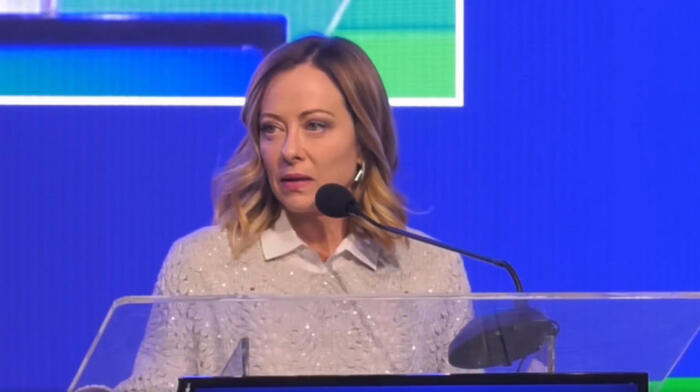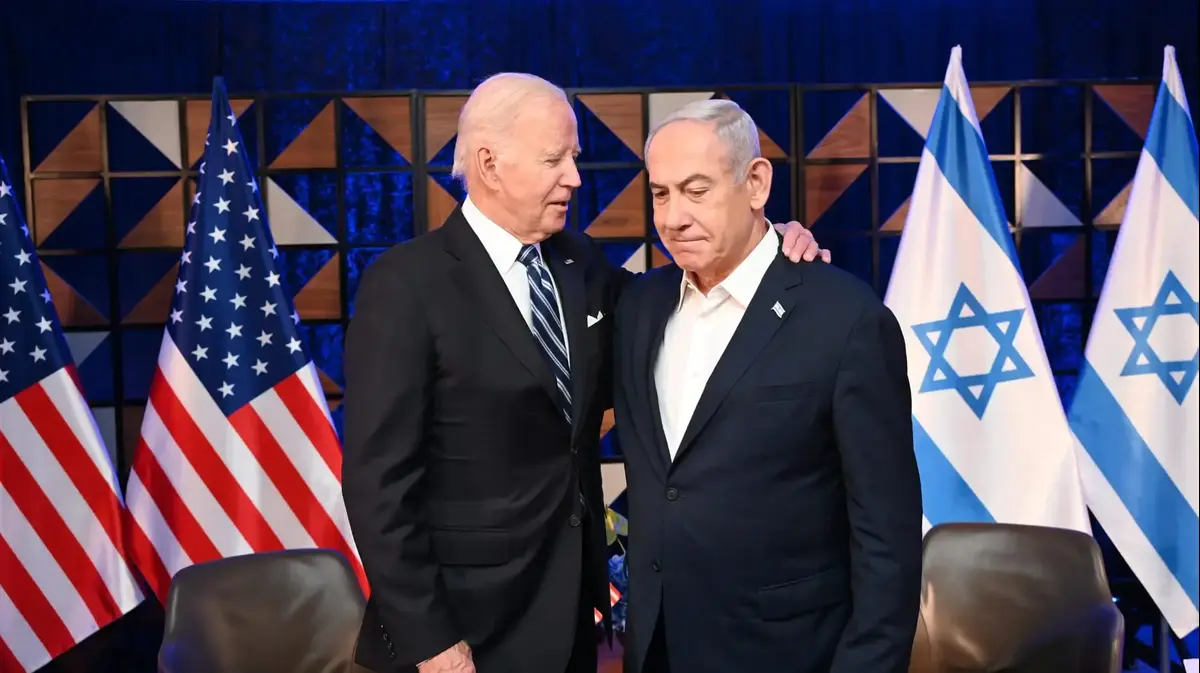The Pluralism Index of the Institute for Jewish People's Policy Reveals a Comprehensive Picture of Social Cohesion in Israel • Despite this, 98% of Jews are interested in a Jewish state
Israelis in Jerusalem // Photo: Oren Ben Hakon
The Pluralism Index of the Institute for Jewish People's Policy, published today (Sunday), ahead of the 73rd Independence Day, reveals mixed data regarding social cohesion in Israel.
The index shows, among other things, that an absolute majority of Jews 98% want the State of Israel to be a Jewish state.
Only a tiny minority (2%) would prefer Israel to cease to be a Jewish state.
A large majority of Jews agree that a condition for a Jewish state is a Jewish majority (88%).
In addition, 4 out of ten Jews think that Jews should be given legal preference over non-Jews.
On the question of encouraging Jewish cultural creation, a relatively small majority of seculars are completely (57%), and a large majority of all other groups agree that Jewish cultural creation should be encouraged in a state that defines itself as a Jewish state.
Regarding the degree of its democracy, the majority of Jews (52%) and a significant majority of Arabs (78%) say that Israel should be more democratic than it is today.
Only a tiny minority of Arabs, and a small minority of Jews (14%) believe that Israel should be "less democratic."
(What is the meaning of "democratic state"? According to Shmuel Rosner, editor of the index, "there is broad agreement among Jews and non-Jews on the principles that the" majority "states that" human rights must be "preserved, that discrimination must be" avoided ", that an independent legal system is a condition To a democratic state ", dl).
With regard to the principle of separation of religion and state as a condition for a democratic state - a principle subject to internal controversy - it is possible to identify the similarity of the controversy between the Jewish and Arab parties.
In this way, about a third of Muslim Arabs 34% oppose the separation of religion and state as a condition of a democratic state.
28% of Jews oppose the claim that the separation of religion and state is a condition for a democratic state.
Meanwhile, 54% support the "ability of the Supreme Court to repeal laws established by the Knesset," just under half of them (46%) oppose this "ability."
Among Arabs, 81% support the Supreme Court's ability to repeal laws passed by the Knesset.
Regarding the attitude towards the conduct of the ultra-Orthodox sector during the global epidemic we experienced last year, three out of four Israelis said they were "angry" at the ultra-Orthodox because of their conduct as a group in Corona.
More than a third of Israelis (37%) said they felt "hate" for the ultra-Orthodox because of their conduct in Corona.
A minority (13%) said they "agree" with the statement "I feel hatred for the ultra-Orthodox."
Another quarter of Israelis contented themselves with "somewhat agreeing" with this statement.
And what about the prospect of a common future?
The Jews and non-Jews who participated in the survey were asked if they see a "common future" for all Israelis, and if they feel "closeness" to all Israelis.
The question included a detail that explicitly implied that the reference was to Jews and Arabs, and the Jews' answers were clearly divided according to political camp: the higher the sense of partnership, the more left-wing self-definition.
In addition, from the non-Jewish group of Israeli citizens, there is a very high level of agreement to express the partnership among Druze respondents.
In fact, 58% of Jews and 45% of Arabs agree that "all Israeli citizens, Jews and Arabs, have a common future." 72% of Jews in Israel agree that "all Jews, in Israel and in the Diaspora, have a common future and feel a special closeness to Jews wherever they are." .
Prof. Yedidya Stern, President of the Institute for Jewish People's Policy: "The data provide a complex picture regarding the sense of Israeli cohesion - within the various sectors of Israeli society, and of course between sectors.
The main finding is that according to the public's preferences, it is possible to reach agreements on some of the major issues of controversy, but it is precisely politics - which is supposed to be the field on which agreements are reached - that makes it difficult to reach agreements. "
The Pluralism Index of the Institute for Jewish People's Policy was conducted by Shmuel Rosner, a senior research fellow at the institute, and Noah Selpkov, a research fellow. The pluralism survey was conducted by Prof. Camille Fox of Tel Aviv University.
The index is in its seventh year.
The survey includes Jewish and non-Jewish respondents, and examines a regular list of recurring topics to examine their development.
The survey was conducted this year (as in previous years) by Prof. Camille Fox of Tel Aviv University.

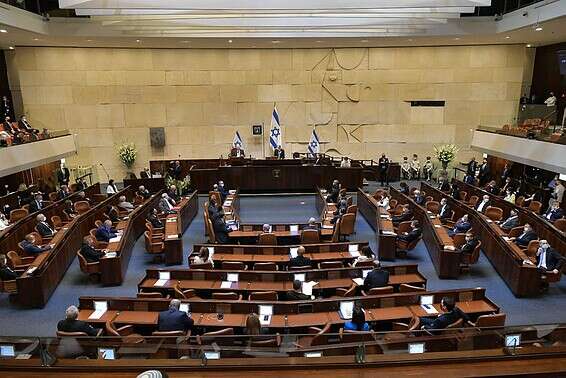
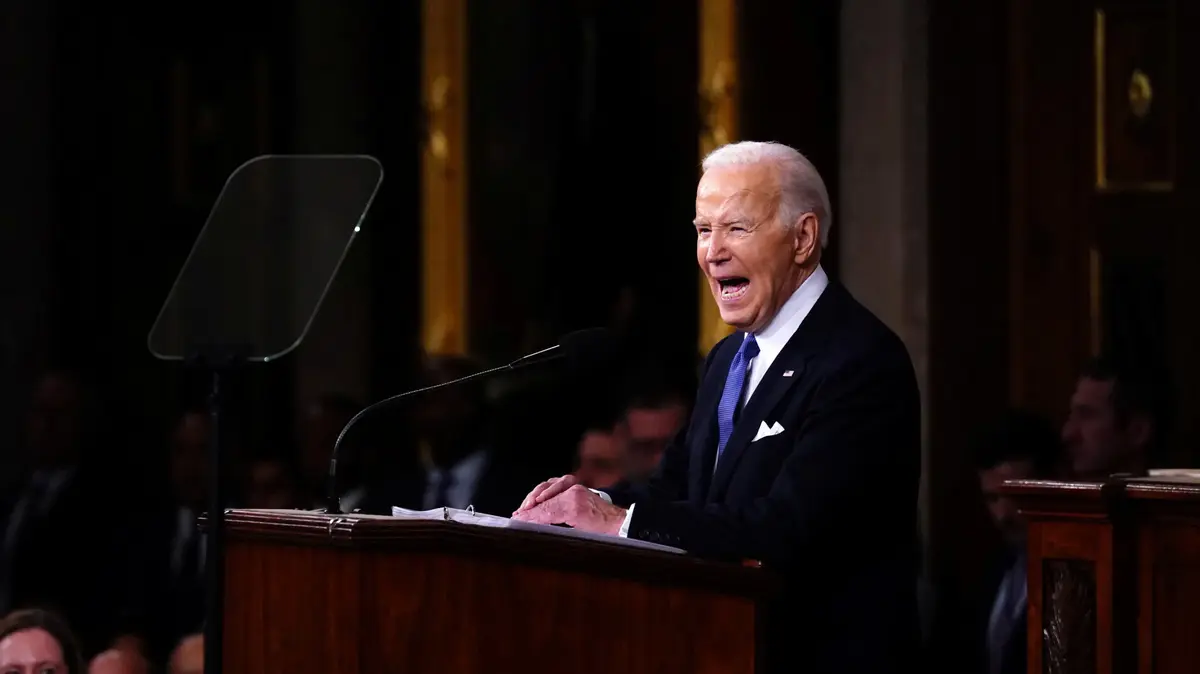
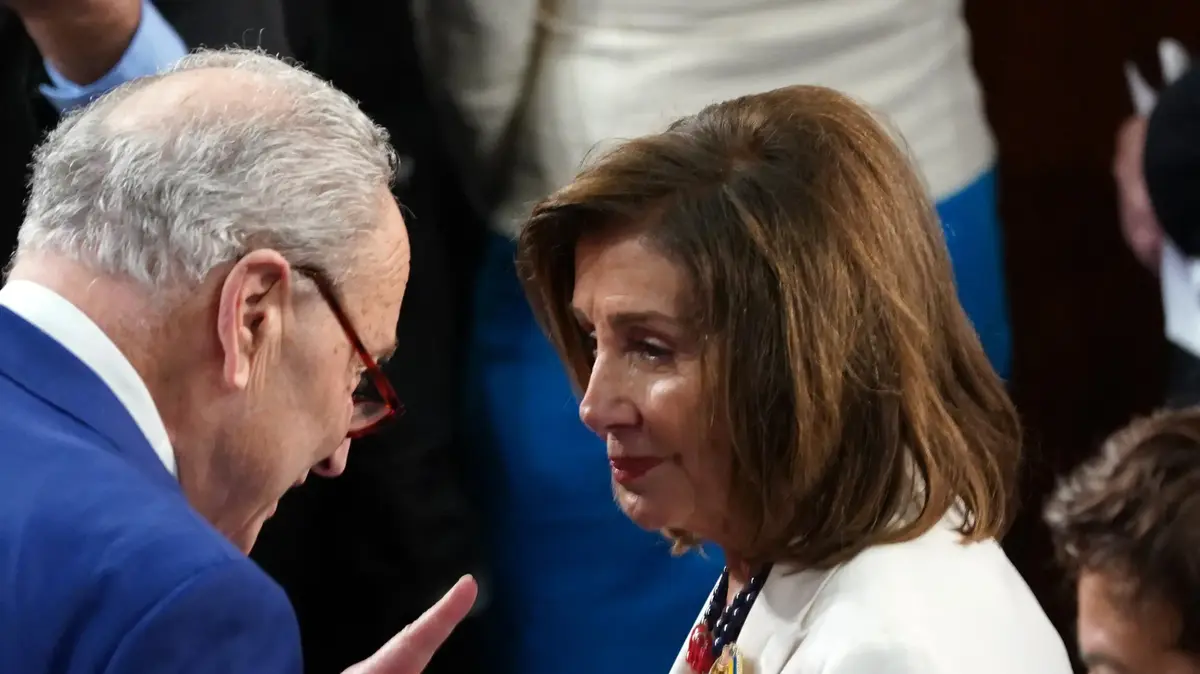

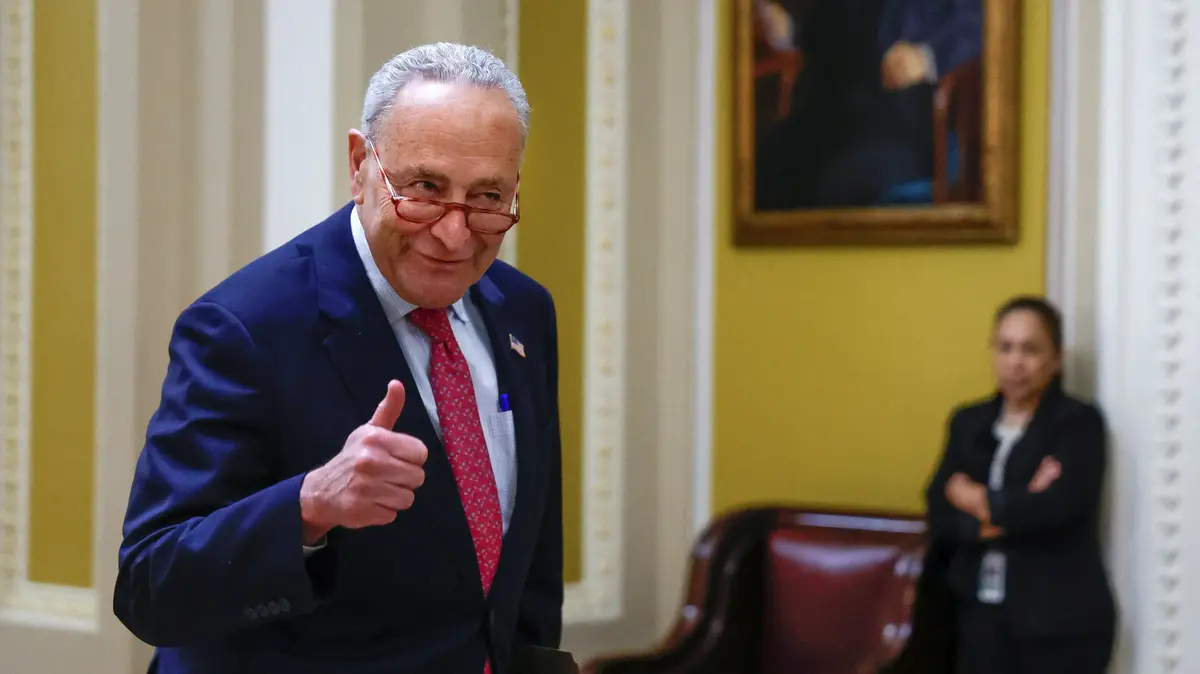
/cloudfront-eu-central-1.images.arcpublishing.com/prisa/3JYBYIKF4VE6HFBF74Q3XUM75Q.jpg)

